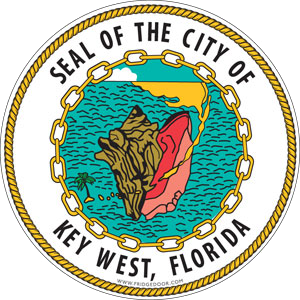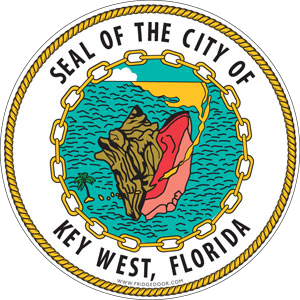State Finds Law Judge’s Support for more Development Units for Florida Keys is Flawed
 Keys advocates of responsible planning welcomed the news Friday afternoon that the state is supporting several of their concerns about an administrative law judge’s recommendation earlier this year in support of lifting the current ROGO limits in the Florida Keys.
Keys advocates of responsible planning welcomed the news Friday afternoon that the state is supporting several of their concerns about an administrative law judge’s recommendation earlier this year in support of lifting the current ROGO limits in the Florida Keys.
The Florida Department of Economic Opportunity ruled on Friday, August 21, that the administrative law judge’s recommendation to allow 1300 additional residential development units in the Keys was flawed. And sent the case back to the law judge to analyze and address issues her Recommendation had improperly ignored.
Friday’s Order focused on the administrative law judge’s failure to address a key issue raised by the legal challenge – the failure of Key West, Marathon and Islamorada to demonstrate how it can enforce a scheme to require the occupants of the new housing to evacuate to the mainland before all other Keys residents even begin to evacuate. The state’s Order cited other flaws in the law judge’s recommendation, but reserved ruling on them.
Against the backdrop of approaching Tropical Storm Laura, weather forecasters have been discussing some of the same issues raised in the lawsuit: possible rapid intensification of storms, which makes evacuation even more dangerous because of the lack of advance notice.
“Adding more development increases the evacuation dangers even more,” said Richard Grosso, lead attorney for the Petitioners in the legal challenge. “Hurricane experts tell us the Keys has already reached legal build-out – the maximum number of residences under the law which can be safely evacuated. The lead regional evacuation planner on the State’s team which made that determination came down to the hearing on his own time to testify that we’ve actually exceeded the 24-hour safe evacuation time by 2.5 hours. To add even more development on top of that is dangerous and violates local and state law.”
Three Keys residents, backed by environmental and planning advocacy groups up and down the Keys with thousands of supporters, have been contesting a decision by former Gov. Rick Scott to allow more residential development units, concerned about the additional delays during evacuation and about continuing water quality and other ecological problems.
Keys residential building capacity is regulated by the State because of the need for swift evacuation of the low-lying islands in the event of a hurricane strike.
Marathon, Islamorada, and Key West say they need the additional units for affordable housing. Many experts, and the Keys advocacy groups, say they don’t.
“Most experts agree – you can’t build your way out of an affordable housing problem,” said Ann Olsen, from Friends of the Lower Keys, one of the supporting environmental groups. “The cities still have building allocations they haven’t used and can reserve all of them for affordable, instead of market rate, housing; the cities can prioritize enforcement of vacation rental laws to open up existing housing for the workforce; they can provide financial incentives to make existing housing more affordable, and take other actions that have been recommended for years as more effective than just adding more buildings to the keys.”
The three cities sought to avoid the fact that the Keys population already exceeds that which can be safely evacuated by requiring the residents who would occupy the new buildings to evacuate early.
“How can they actually make 8,000 people evacuate early to get off US1 so the rest of us can safely evacuate?” wondered Summerland Key resident Don DeMaria.
[livemarket market_name="KONK Life LiveMarket" limit=3 category=“” show_signup=0 show_more=0]


No Comment